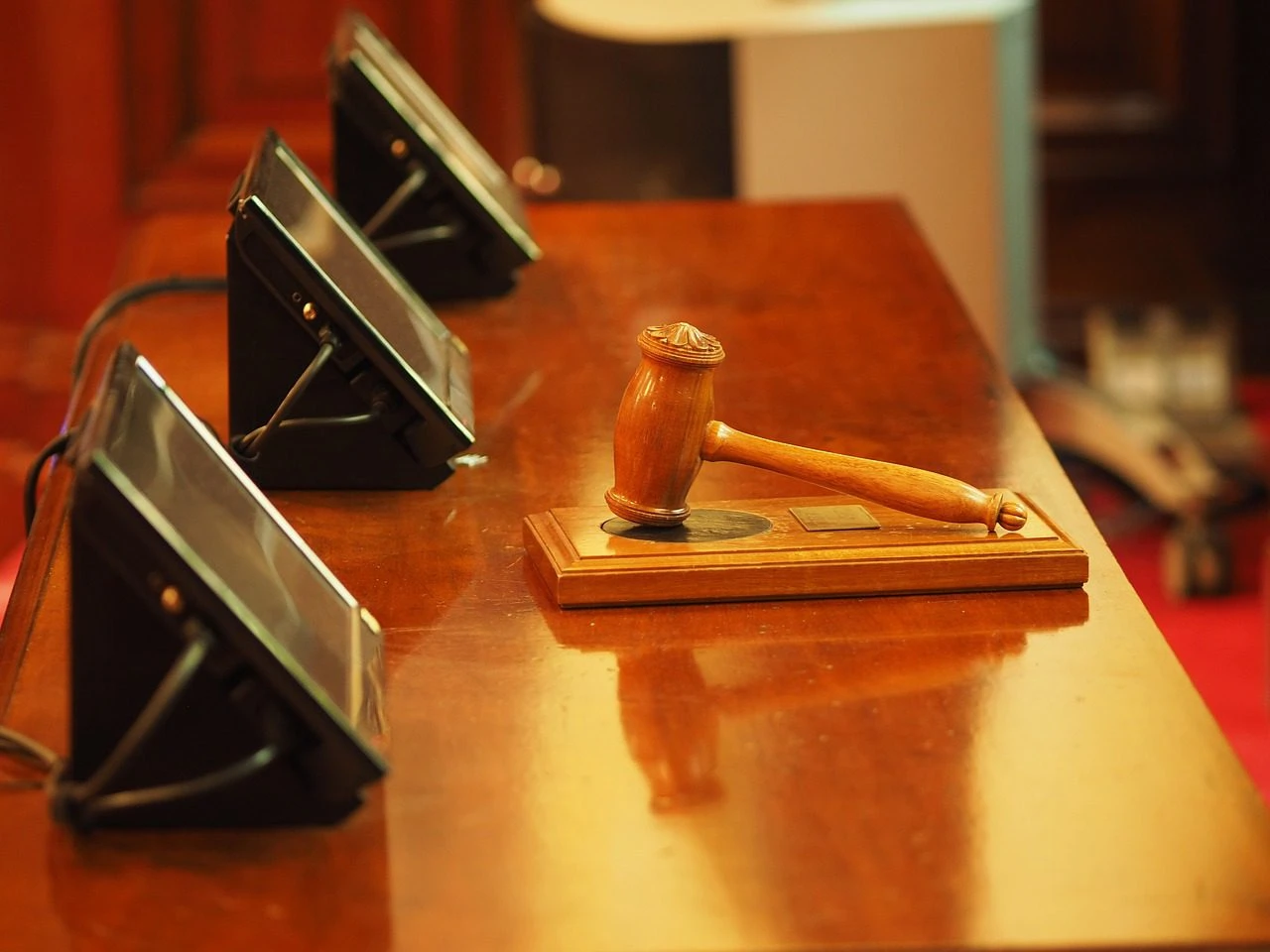KSA issued €3.5m worth of fines in 2019

Dutch gambling regulator Kansspelautoriteit (KSA) imposed fines worth a combined €3.5m (£3.0m/$3.9m) in 2019, a 105.8% increase from 2018.
In total, the KSA issued a total of ten fines in the year. The fines were issued to 1xBet in February, Casumo Services and Onisac in April, Simbat and Spinity in June, Trannel International and ElectraWorks in August, The Stars Group in September and Royal Panda and LeoVegas in October. In 2018, seven fines were imposed.
KSA chairman René Jansen said the increase in fines was due to stricter enforcement of rules and higher penalties against targeting Dutch players with online gambling offerings in the lead-up to the opening of the Dutch regulated market, scheduled for 1 July 2021.
“The online gaming offer is huge. Enforcement choices must be made,” Jansen said. “In mid-2017, while awaiting the legalisation of online gambling, the KSA tightened the criteria it uses to select online providers for enforcement measures. These criteria are all aimed at protecting Dutch consumers against illegal online offers. Parties that use the Dutch language, Dutch symbols and Dutch payment methods, for example, will have to deal with the KSA.
“There are several reasons for the doubling of the amount collected. For example, the basic fine has been increased, a recidivist has been included and more large providers have been fined than before.”
Jansen added that he cannot guarantee that every fine will be paid, but that non-payment would prevent any gambling business from receiving a licence when the market opens.
In November 2019, the KSA announced that it is to begin publicising operators that refuse to pay fines, in order to help consumers to identify unlicensed and illegal websites.
“We cannot yet say whether the fines imposed in 2019 will all be paid, because there are still time limits. We do see, however, that more and more people do pay,” Jansen said. “That is, we think, because the Remote Gambling Act has been adopted by the Senate. Probably from 1 January 2021 online gambling licences can be applied for.
“If a fine has not been paid, we consider a party to be unreliable. And by definition, non-reliable means no licence.”
In addition, the KSA withdrew 41 operating licences for slot machines in 2019. The regulator said most of this withdrawn licences were due to non-payment of fees or failing reliability tests.
Jansen said the fight against online gambling offerings will continue in 2020.
“We will continue to [punish illegal gambling operators] long as online offerings are illegal,” Jansen said. “Earlier this month we announced that we will be adding age verification as a criterion from January 1, 2020. Illegal providers of online gambling who do not visibly verify the age of participants before the registration process is completed, will be dealt with as a priority.
“Preventing minors from taking part in gambling is an important priority of the KSA.”
